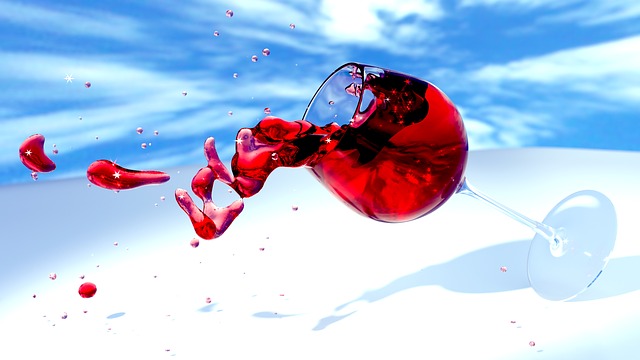By Charles Goodwin and WineInvestment.com!
People have been trading wine for centuries. The history of buying and selling wine dates back to the Ancient Egyptians, Romans, and Greeks; and yet, we’ve seen that increased transparency and globalization in the wine economy has taken contour only in the past decade. The world’s most important global marketplace for fine wine buyers and sellers – Liv-ex – was established in 1999. Over the years, it has managed to produce indices that allowed merchants and consumers to monitor and track transactions just like with any other commodity. The offers/bids render liquidity indications, or lack of liquidity across a range of fine wine types.

New trading hubs are emerging from the shadow
As more and more people started gaining an interest in fine wine, a boom in non-traditional markets was triggered, particularly in Asian countries (China in particular). This led to new trading hubs in today’s constantly-expanding world of exquisite wine. In 2008, investing in wine became a tax-free type of investment. This fact alone made even more people gain an interest in the business. Hong Kong in particular, attracted investors and wine lovers from across all Asia, and it is now a main rival to other global wine buying destinations, such as London and New York. Experts argue that in 2016 China will become the largest consumer of fine wine in the world.
Many Asians see wine as a cultural factor of a contemporary lifestyle. They’ve been following the “Old World” trends thus putting rare and fine wines such as Burgundy and Bordeaux on their list of favorites.
The best wines – high demand, lower supply
Ella Lister, an expert in fine wine, claims that today’s top performing wines are “narrowly broader” than they were ten years ago. Furthermore, it’s worth keeping in mind that in spite of an expanding interest in fine wine investments, the wines that are truly interesting and worthy of the name “investment wine” are rather decreased. Burgundy wines for example, are among the best of the best. Names like Romanee Conti and Henri Jayer are well known among connoisseurs, and they actually deserve your attention.
As buyers realize that Burgundy wines become scarce, they’ll also start admitting that they deserve added value of quality and rarity. As far as other types that are incredibly popular, we should also mention Premier Cru from Bordeaux and blue-chips such as Latour, Chateaux Lafite, and Petrus.
Nevertheless, specific vintage wines of the Old and New World like Penfolds Grange, Opus One, Guigal’s Cote Rotie, Sassicaia and Ridge Vineyard, are starting to be priced accordingly. But of course, investing in wine can’t feature only benefits. The industry has had its own highs and lows over the years. This often makes a lot of people wonder if wine is in fact a viable alternative investment that can outperform other forms of investment (that are more traditional). According to a recent study led by two world-class economists – Tahsin Saadi Sedik and Serhan Cevik – fine wine investing resembles oil investing in proportion of 90%.”
Why do people invest in wine?
It is extremely challenging to estimate the actual purpose behind true wine purchases in the private equity market. The only exception was with wine investment funds, which increased dramatically in the years 2003-1010 in order to allow investors to take advantage of fast-rising prices without actually owning a single wine bottle.
Christie’s China wine expert, Austin Zhang, mentions that most sales are meant for high-net-worth investors who are not just looking to buy but also to consume fine wine. Just like art, fine wine is seen by many as an emotional investment. It’s more like an individual niche that focuses on the passion of the investor, which wants a collection for the mere pleasure of enjoying top-quality wine. But if we take out “passion” from the equation, these investors might also be the lucky winners of a top performing wine that renders colossal returns.
Bottom line, fine wine can be regarded as a serious form of investment. However, if you know very little about the business doesn’t spend money on random bottles. Consult with a merchant first, talk about numbers and understand the risks. After that you are free to decide whether or not it’s worth investing in wine fine.




